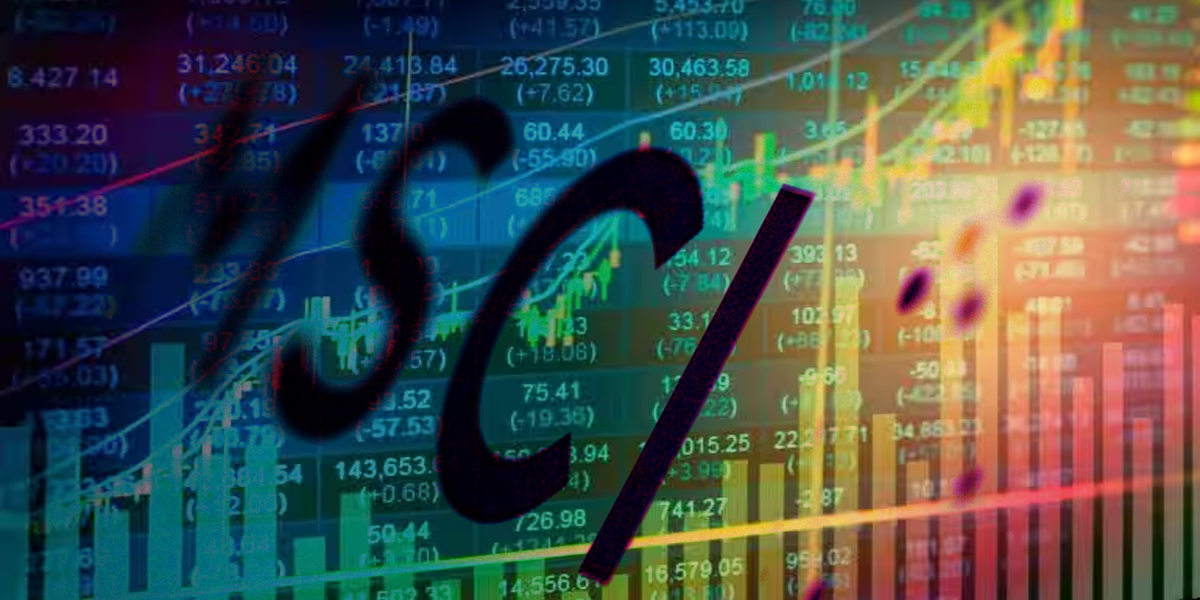While the ongoing struggles of the global banking sector have not adversely impacted stock markets throughout the world, market watchers warn that there are grim times ahead.
As of Thursday, April 6th, capital markets firm MSCI’s world stock index was up by 7% and the demand for equities remains strong. The strong performance of the markets was driven by the possibility that the US Federal Reserve and other central banks throughout the globe are poised to pause their aggressive interest rate hikes.
However, experts point out that economies may find themselves in a bind when it comes to four specific economic aspects: credit, manufacturing, tech stocks, and the possibility of a yield curve inversion.
Banking Crises = Tightened Credit
Over the past several weeks, analysts pointed out the way recent issues have undermined the banking sector’s ability to lend money to corporate clients.
In fact, several surveys showed how a number of banks in Europe and the United States tightened their lending standards, a development which usually means things are about to take a downturn when it comes to the stock markets. This, in turn, means less in terms of financing, increased interest on loans, reduced profits, as well as dwindling share prices.
Jason Da Silva, a senior research analyst for Arbuthnot Latham in the United Kingdom, says that tightened lending standards are a harbinger of recession as stock markets tend to fall during economic crises.
What About Manufacturing and Tech Stocks?
The American ISM manufacturing index fell to its lowest in May of last year, marking five consecutive months of contraction. This and similar reports from other countries are seen as an ill omen that a recession is looming on the horizon.
Likewise, the possibility of a recession does not bode well for the tech industry, a sector whose stocks have dominated the scene for the past several months. Despite their strong showing, experts opine that tech stocks may not be immune to the impact of adverse economic issues.
Nevertheless, Citigroup’s head of US equity trading strategy Stuart Kaiser believes that many institutional investors see big tech firms are a possible shield against a potential credit squeeze. However, a deeper economic downturn could force money managers to drop tech stocks like the proverbial hot potato.
What About the Yield Curve?
At present the US Treasury is experiencing higher yields – a phenomenon known as a yield curve inversion, another warning sign pointing towards a recession. Historically, such phenomena were recorded at least fifteen months before a recession actually hit.
Whenever yield curve inversions occur, it is possible that stock values could rise; unfortunately, such rallies are never sustained. One such case in point is when the S&P 500 average hit a cycle peak four months prior to a recession in the United States.














